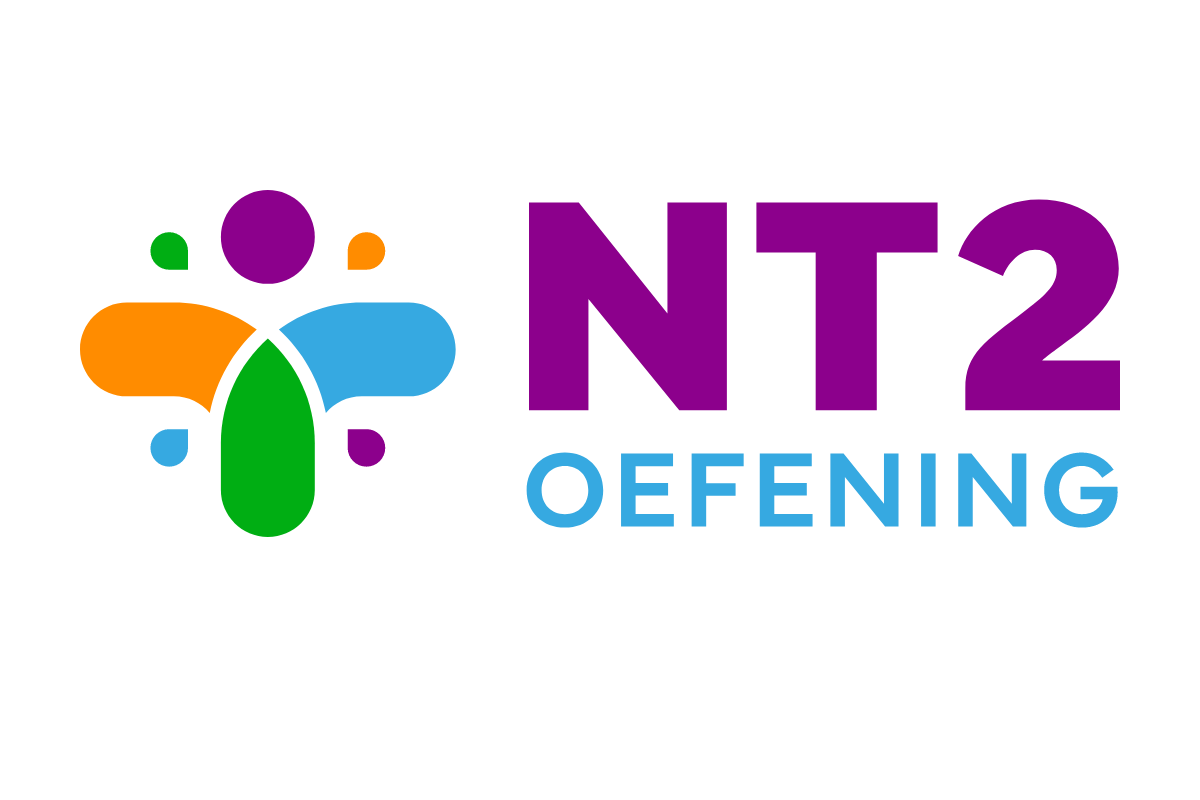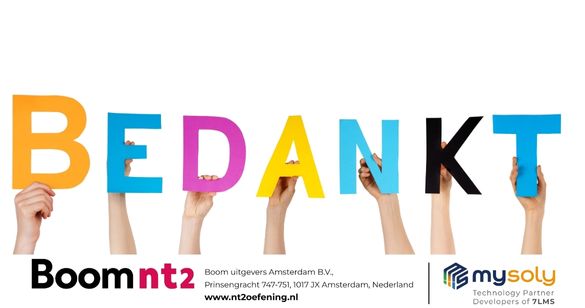Introduction
In the Netherlands, expressing gratitude is more than just saying “thank you.” It’s about fostering connections and showing genuine appreciation. Whether you’re mingling with locals, ordering a stroopwafel, or simply want to impress, mastering these phrases will enhance your interactions and leave a positive impression. Here is how to say “Thank you” in Dutch:
Informal Ways to Say Thank You
Dankjewel or Dankje
This is the most common and straightforward way to say “thank you” in Dutch. It is similar to the English phrase “thank you”. Use it in casual settings with friends, family, or acquaintances to express gratitude for everyday gestures.
Bedankt
It is a versatile expression suitable for various situations. “Bedankt” works well when you find formalities unnecessary. Whether you’re thanking the cashier at the bakery or your friends’ parents for their hospitality, “bedankt” has you covered.
Echt heel erg bedankt
When you want to convey deep gratitude, opt for this phrase. It translates to “Really thank you very much.” Reserve it for moments when someone has gone above and beyond to help or support you.
Superbedankt
Feeling especially appreciative? Say “super thanks” to express genuine excitement and gratitude. Use it when you’re truly thrilled or overwhelmed by someone’s kindness or generosity.
Dank jullie wel
Addressing a group of people, such as friends or colleagues? Say “dank jullie wel” meaning “thank you” in plural form. It’s a friendly and inclusive way to express appreciation for collective efforts or gestures.
Formal Ways to Say Thank You
Dankuwel
Maintain a formal tone with “dankuwel”. It is a polite expression of gratitude suitable for professional or respectful settings. So, use it when addressing elders, authority figures, or in formal business interactions.
Hartelijk dank
Add warmth and sincerity to your appreciation with “hartelijk dank”, which translates to “hearty thanks”. Imagine saying it with a genuine smile to convey genuine appreciation and warmth.
Dank u zeer
Emphasize your gratitude with “dank u zeer”, meaning “thank you very much”. It’s a more emphatic way to express appreciation, perfect for situations where you want to convey sincere gratitude.
Bij voorbaat dank
Thank someone in advance with “bij voorbaat dank”, acknowledging their future help or favor graciously. Use it when requesting assistance or anticipating someone’s support or cooperation.
Alvast bedankt
Similarly, express gratitude in advance with “alvast bedankt”, thanking someone beforehand for their upcoming help or contribution. It’s a courteous way to acknowledge someone’s assistance before they’ve provided it.
Incorporating Gratitude into Your Conversations
By incorporating these diverse expressions of gratitude into your conversations, you’ll navigate Dutch social norms with ease. In addition, you’ll strengthen your connections with others. Remember to tailor your expressions of gratitude to the context and audience. Then, watch as your appreciation fosters positive interactions and relationships.
Thanks to these nuanced ways to say “thank you” in Dutch, you express appreciation authentically and respectfully in any situation. So, whether you’re exploring the streets of Amsterdam or enjoying a gezellige moment with friends, don’t forget to say dank je wel!
Conclusion
Enhancing Dutch Language Proficiency with NT2 Oefening
The online platform Nt2 Oefening serves as a valuable resource for learners of Dutch as a second language. Through interactive exercises, tailored content, and engaging activities, NT2 Oefening facilitates language acquisition and skill development. Learners can reinforce grammar rules, expand their vocabulary, and practice conversational Dutch.
Whether you’re a beginner or an advanced learner, this platform offers a supportive environment for honing language abilities. As we bid farewell to this exploration, let’s acknowledge the impact of NT2 Oefening in fostering linguistic competence and cultural integration. Try it now!
Follow us on social media!

